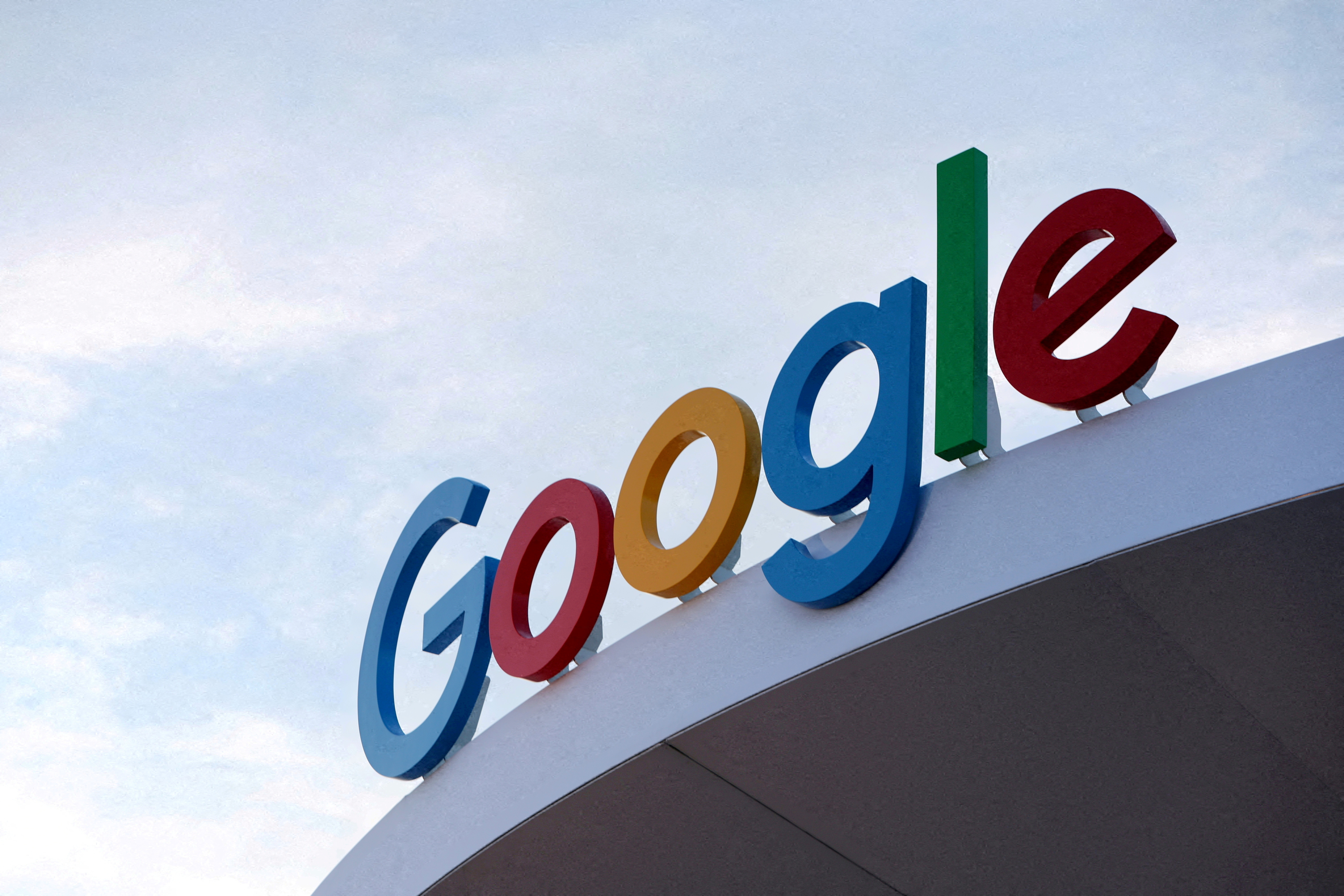Google consolidates its DeepMind and Research teams amid AI push

The Google logo is seen on the Google house at CES 2024, an annual consumer electronics trade show, in Las Vegas, Nevada, U.S. January 10, 2024. REUTERS/Steve Marcus/File Photo Purchase Licensing Rights
April 18 (Reuters) - Alphabet-owned Google (GOOGL.O) said on Thursday it would consolidate teams that focus on building artificial intelligence models across its Research and DeepMind divisions in its latest push to develop its AI portfolio.
Google will relocate its Responsible AI teams - which focuses on safe AI development - from Research to DeepMind so that they are closer to where AI models are built and scaled, the company said in a blog post.
The move comes amid growing global concerns about AI safety and increasing calls for regulation of the technology.
The DeepMind team helped develop Google's most advanced artificial intelligence model, Gemini, which was unveiled late last year and can crunch different forms of information such as video, audio and text.
While the rollout of Gemini helped boost Alphabet's share price, it came under fire after inaccuracies in some historical image generation depictions. Google then paused its image generation capabilities.
The search engine giant had merged its research units Google Brain and DeepMind a year back to sharpen its focus on AI development and get ahead of rivals like Microsoft (MSFT.O), a partner of ChatGPT and Sora maker OpenAI.
Separately, Microsoft (MSFT.O) also tapped DeepMind co-founder Mustafa Suleyman as the head of its newly created consumer AI unit last month.
The consolidation at Google's AI team follows on the heels of a series of job cuts and cost reductions, even as the company ramps up its investment in AI and automation.
Google CEO Sundar Pichai said last year that the company plans on releasing a series of AI models in 2024.
Sign up here.
Reporting by Zaheer Kachwala in Bengaluru; Editing by Tasim Zahid
Our Standards: The Thomson Reuters Trust Principles.
